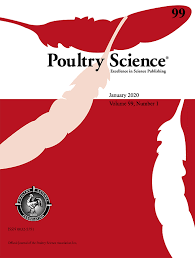Document type: scientific review published in Animals
Author: Mariann Molnár
Preview: Since the 1960s, the European Union (EU) has made efforts to ensure the welfare of farm animals. The system of EU minimum standards has contributed to improved conditions; however, it has not been able to address the deeper factors that lead to the intensification of animal farming and the consolidation of the processing sector. These issues, along with major competitive pressures and imbalances in economic power, have led to a conflict of interest between animal industries, reformers, and regulators. While the priorities of the European Green Deal and the End the Cage Age initiatives are to induce a rapid phasing out of large-scale cage-based farming systems, the industry faces the need to operate on a highly competitive global market. Animal farmers are also under pressure to decrease input costs, severely limiting their ability to put positive animal-care values into practice. To ensure a truly effective transition, efforts need to go beyond new regulations on farm animal welfare and address drivers that push production toward a level of containment and cost-cutting. Given the right socio-economic and policy incentives, a transition away from intensive farming methods could be facilitated by incentives supporting farm diversification, alternative technologies, and marketing strategies.





